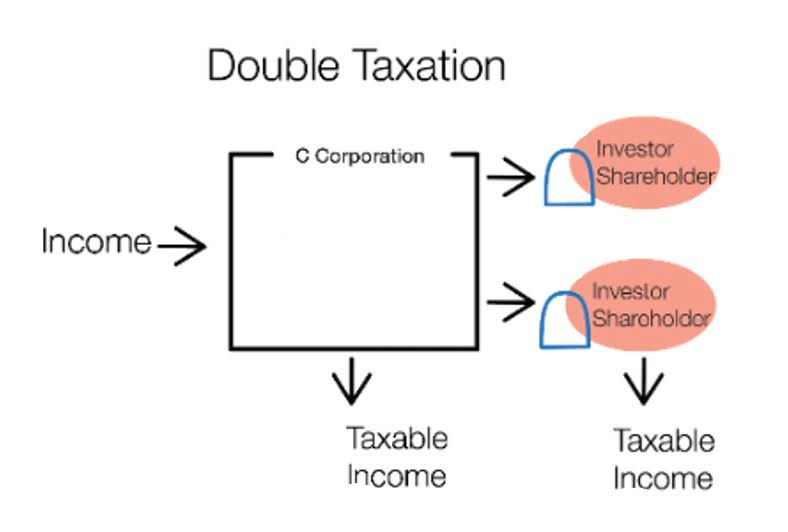
To understand the appropriate use of retainers in the legal field, let’s review commonly used terms and aspects of a legal retainer. If your agreement established a flat fee for the work on a particular matter, then you will not be receiving a refund. Even the lawyer was able to clear the matter quickly, effectively, and much faster than anticipated, they have earned that fixed fee. There are many different types of counsel, including government counselors, school counselors, and lawyers. Counsel can also mean a group of people acting as an Partnership Accounting advisory body, such as a student council or church council. Legal professionals are bound by a strict code of ethics that demands honesty, moral conduct, and an unwavering commitment to upholding the law.
Proactive Advice:
If you are hiring an attorney on retainer to help you check things like employee contracts when you hire new people, make sure the attorney you hired has business experience. Understanding how do legal retainers work is crucial when entering into an agreement with an attorney. There are a number of situations in which a retainer fee, or part of it, might be returned to a client.

Modern Lawyer Office Design Ideas
These misunderstandings can lead to disputes, dissatisfaction, and potential legal and ethical issues. Contingency fee agreements are fee agreements in which an attorney agrees to take the client’s case in exchange for a portion of the money that they are able to recover on the client’s behalf. In general, the fees that the attorney recovers for taking a case on a contingency fee basis will be expressed as a cash flow percentage of total recovery. In short, it is possible to recover attorney’s fees in a civil lawsuit, including the initial retainer fee paid to secure an attorney’s services. Attorney fees are often made recoverable through what are known as fee-shifting statutes.
- This will help avoid any negative surprises and create a seamless experience for both parties.
- The agreement should outline the responsibilities of both parties in a fair manner.
- You should evaluate attorneys on retainer the same way you assess any attorney you would otherwise hire for your personal or professional needs.
- Visit LegalMatch to find a lawyer that fits your needs, and let us help you navigate your legal journey with confidence.
- Imagine a small business owner reviewing a retainer agreement from a law firm.
- While it is not mandatory by law in every jurisdiction to have a retainer agreement between a lawyer and a client, it is strongly recommended and is considered a best practice.
- Generally, most lawyers charge on a flat fee basis or an hourly rate for their services.
What Is A Retainer For a Lawyer, and When Is It Required in Legal Cases?
Automatic renewal clauses without the need for notice can potentially bind the client indefinitely, which is another red flag. There should also be a clause outlining how the agreement can be amended or modified. The absence of an amendment procedure makes it difficult to make necessary changes in the future. The lack of a confidentiality clause could put client information at risk. IN WITNESS WHEREOF, the parties hereto have executed this Retainer Agreement as of the date first above written. Those steps are the key points to keep in mind as you move forward in your relationship with an attorney.


A retainer agreement is a vital legal document that sets the foundation for an ongoing professional relationship between a service provider and a client. Drafting a comprehensive and clear retainership contract ensures that both parties understand their responsibilities, rights, and expectations, minimising the risk of disputes. Below is retainer fee a step-by-step guide to drafting an effective retainer agreement. The main distinction between these two forms of retainer fees is whether or not the lawyer has earned the money upfront or bills against the money and earns it over time.
If you pay a general retainer, you are simply paying to reserve a firm’s time in the future. With a security retainer, on the other hand, you are pre-paying for services but your lawyer doesn’t receive the money until they perform legal services and earn it. You may be required to put this up-front deposit down to get legal services.
- A counselor can help someone with a variety of issues, including real estate and family law.
- A security retainer is put into an escrow account or trust and your lawyer can access the money from it as they provide legal services and you incur fees.
- Unlike a general retainer, this payment is for specific work that the lawyer will do.
- These agreements can entail that the lawyer receives all of the retainer after the services are performed or the client may be able to receive money back or pay more if the lawyer is to bill hourly.
- A certificate of formation, also known as business registration, is an official document that shows a company is legally recognized and allowed to operate in its state.
- Depending on the services being provided, having a lawyer on retainer may limit the scope of the cases they can handle.
This will help ensure that invoices are accurate and prevent confusion when calculating billable hours for a recurring contract. You don’t need to pay extra money for a separate attorney if you have such a policy. Similarly, if you are a union member or an employee with a large company, having a lawyer to help you with employer problems might be part of your benefits. Transparent payment terms are essential for building trust and avoiding conflicts. Identify the specific services to be rendered, the duration of the contract, and the compensation structure.
